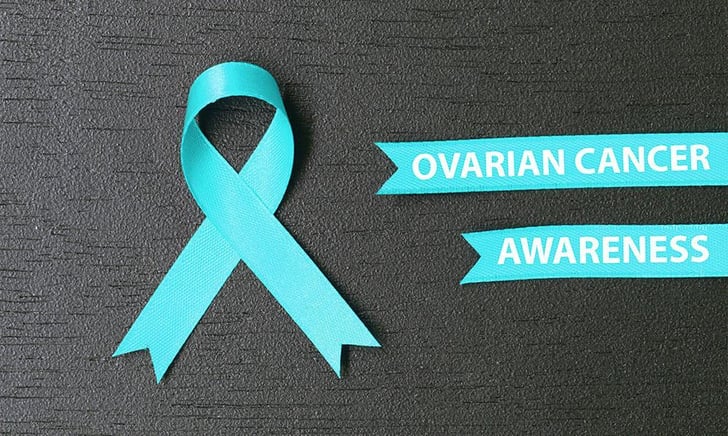September Is Ovarian Cancer Awareness Month: Risk Factors
September is Ovarian Cancer Awareness month, throughout the month we will be sharing vital information that will help you stay informed about this cancer type.

September is Ovarian Cancer Awareness month, throughout the month we will be sharing vital information that will help you stay informed about this cancer type.
To kickoff this month’s discussion, we are sharing the common risk factors for developing epithelial ovarian cancer. If you have one or a few of the below factors, it only means you may have a higher chance of developing ovarian cancer, but it does not guarantee that you will actually develop the disease. Therefore, taking preventative measures and engaging in regular diagnostic practices will help reduce your risk of developing the disease and/or will make it more likely that the disease will be caught in an early stage, which is easier to treat.
Common risk factors for ovarian cancer include a woman's:
- Family History of Cancer - If any of your family members have been diagnosed with Ovarian, Breast or Colorectal Cancer you may have a higher risk of developing ovarian cancer as well. This is because mutations of certain genes may be heritable and cause certain cancers. Additionally, if you have already had breast cancer, you may also have a higher risk of developing ovarian cancer
- Age - The risk of developing ovarian cancer is higher for women over age 40 and more likely in woman who have already experienced menopause. Nearly half of the incidences of ovarian cancer occur in women over the age of 60.
- Weight - It has been found that women who are obese or have a body mass index greater than 30 have a higher risk of developing ovarian cancer.
- Age at Childbirth - Women who give birth to their first child after the age of 35 have been found to have a higher risk of developing ovarian cancer.
- Term Completion of Pregnancy - women who have not had a pregnancy that went to full term also have been found to have a higher risk for ovarian cancer.
- Fertility Treatment - there are mixed results from studies regarding if fertility treatment and drugs increases risk of ovarian cancer. It is therefore important to consult your doctor if you are using or thinking of using such treatments.
- Hormone Therapy After Menopause - The use of estrogens after menopause, especially without progesterone, for five to ten years, has been linked with higher risk of developing ovarian cancer.
For more detailed information about Ovarian Cancer and its risk factors, consult one of our Garden OB/GYN Cancer Specialists.
































